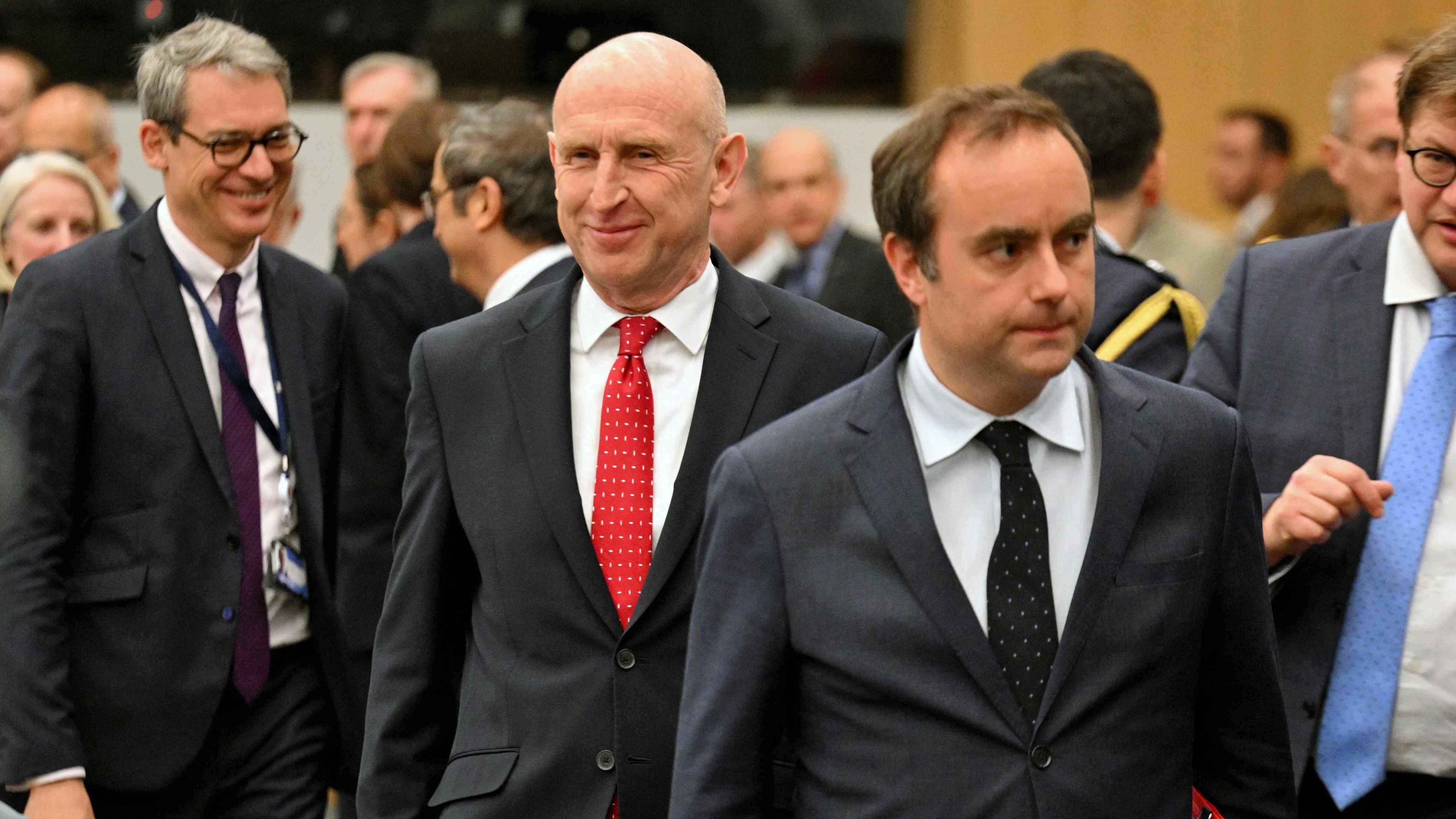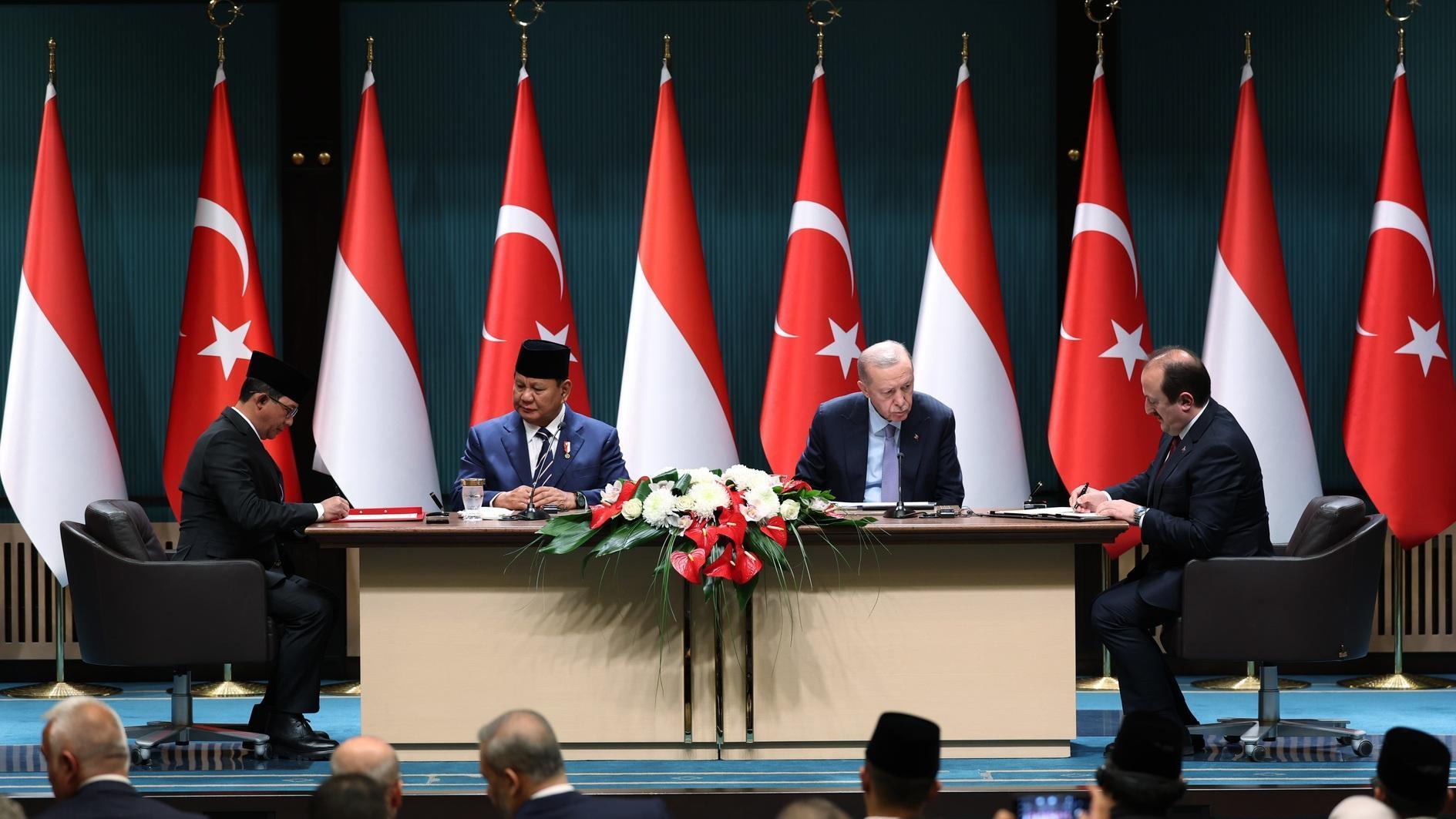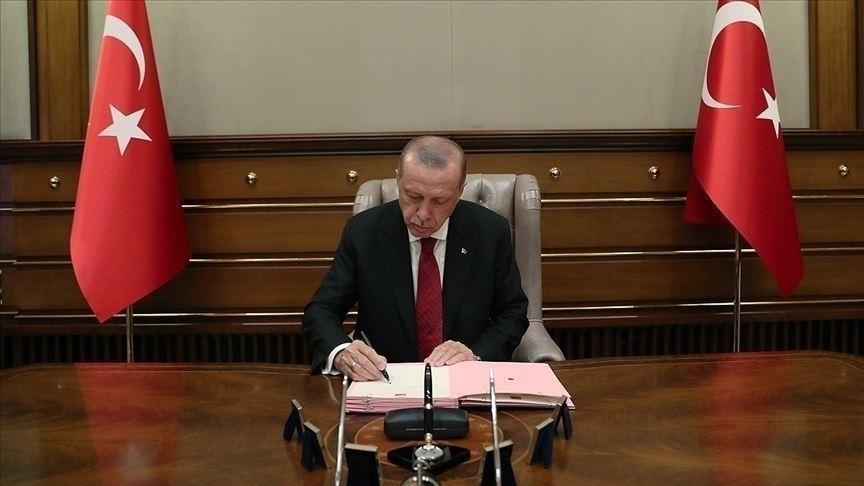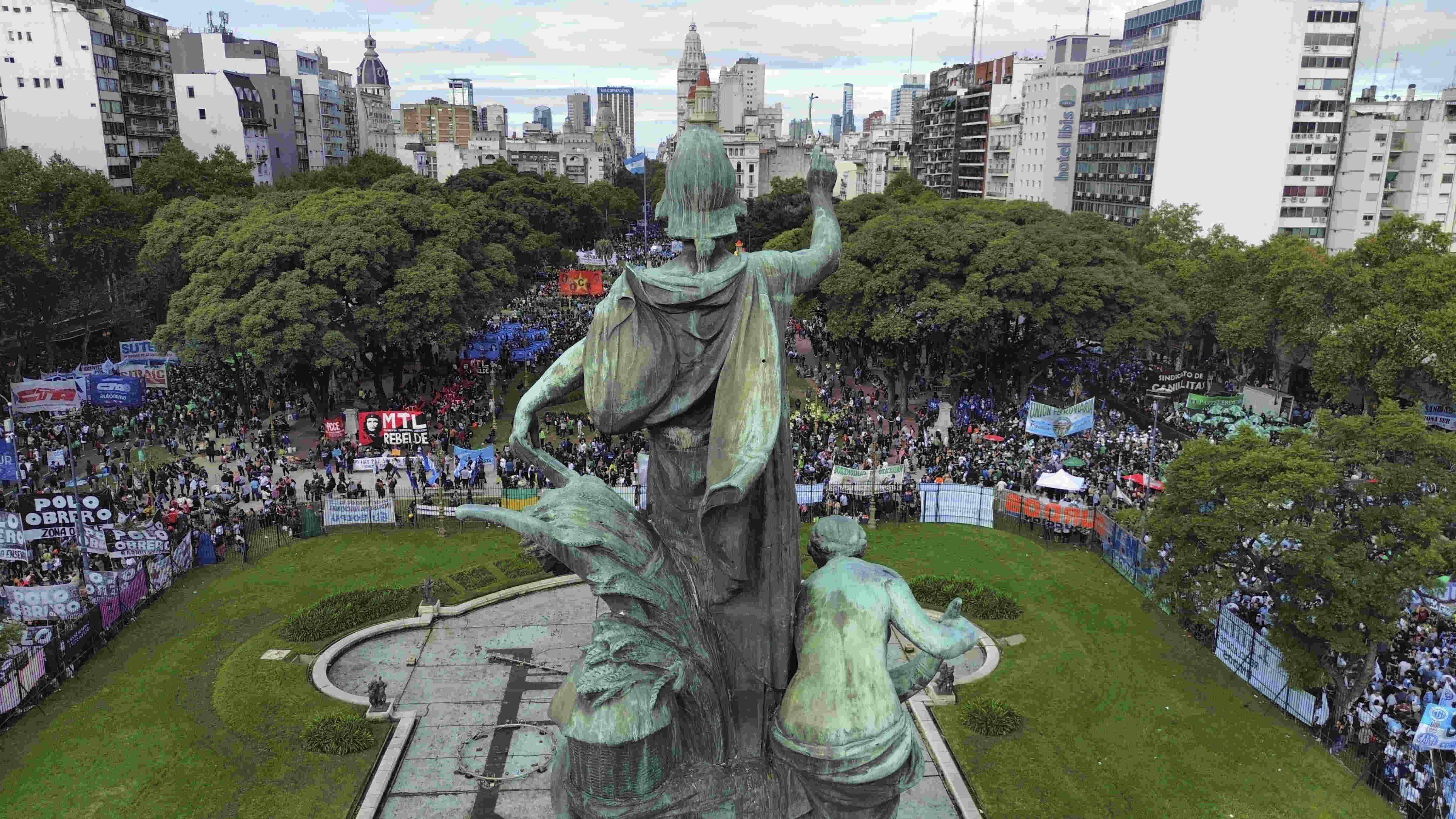COP29 finance draft reveals divided positions
UNITED NATIONS
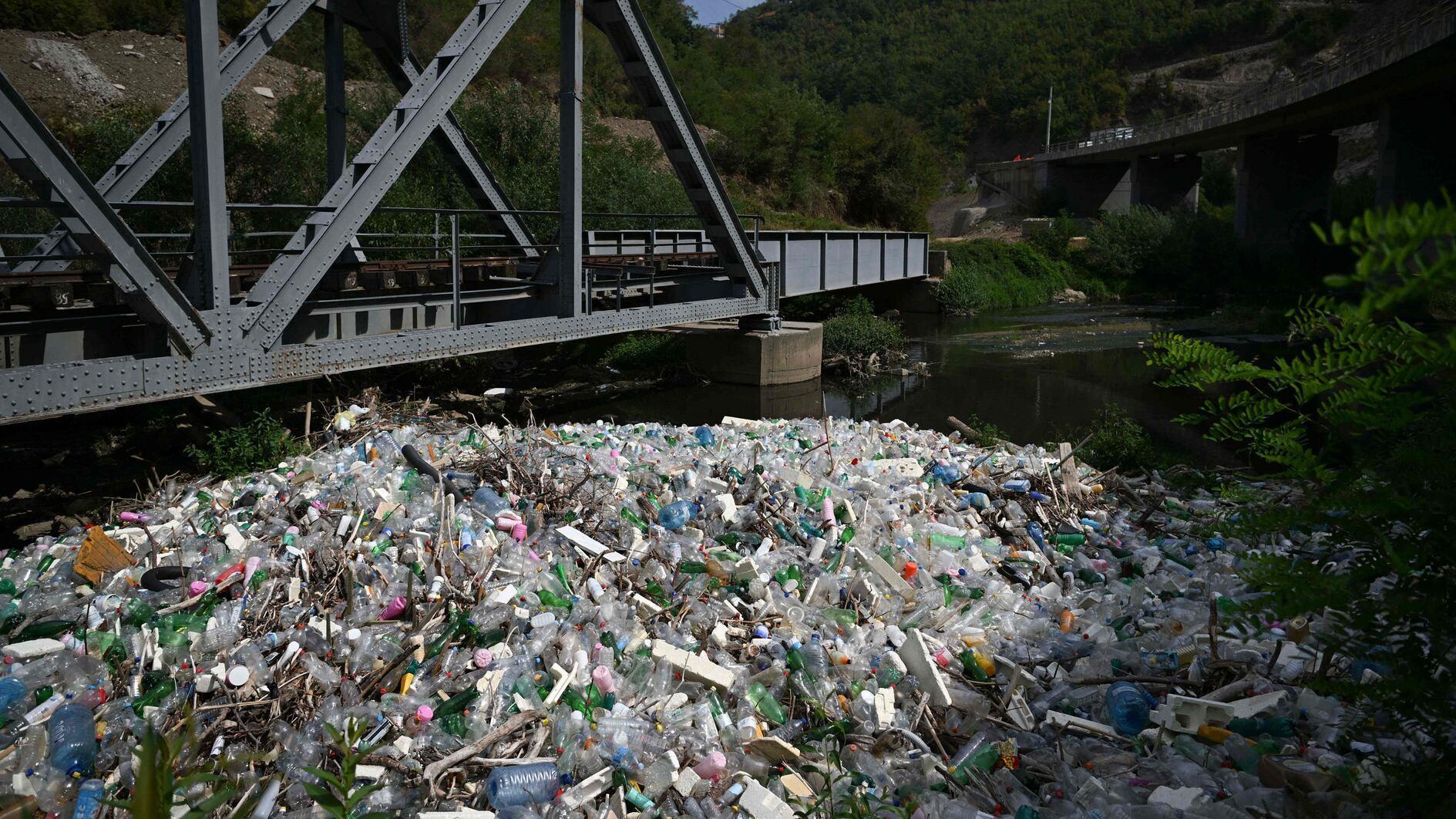
The U.N. has published a draft on climate financing due to be presented at the COP29 in November, laying out the conflicting positions from which the main country blocs will try to clinch the next climate deal.
The document is the basis for negotiating an accord that is due to be reached at COP29 in Baku under Azerbaijan's presidency.
The "New collective quantified goal", or NCQG in U.N. jargon, is intended to replace the engagements made by developed countries to provide $100 billion a year in financing to help developing countries face climate change.
Arab countries say developed countries should commit at least $441 billion a year in grants between 2025-2029 to mobilise loans and private financing that would bring the annual total to $1.1 trillion.
African countries insist on an annual objective of $1.3 trillion.
Over the past months, the donor countries -- which the Rio summit in 1992 identified as the United States, the European Union, Britain, Japan, Canada, Switzerland, Turkey, Norway, Iceland, New Zealand and Australia -- have said these amounts are unrealistic.
Arguing that they now account for less than 30 percent of historic emissions, they want to expand the list of donors to China and Gulf countries, who refuse to consider it.
The EU, while accepting that "developed country Parties continue to take the lead in mobilising climate finance from a wide variety of sources, instruments and channels", said the "collective goal can only be reached if Parties with high GHG-emissions and economic capabilities join the effort."


